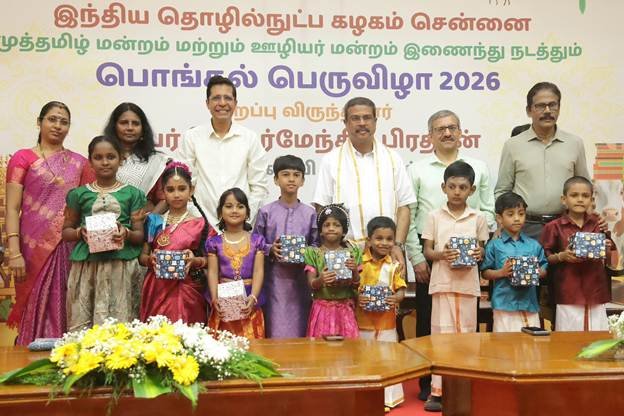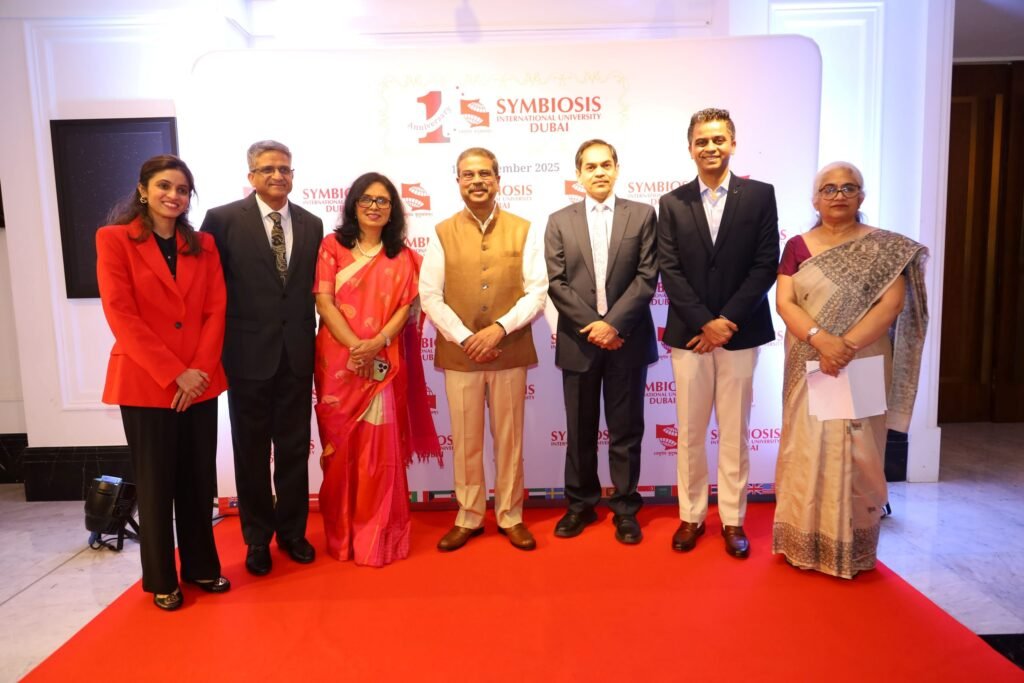PARAKH has been set up as the organisation under NCERT. It will work on bringing the school boards across the States and the Union Territories on a common platform. As a first step, a workshop on school assessments, examination practices and equivalence of boards across the country was organised by the Ministry of Education and PARAKH today in New Delhi. PARAKH will act as a common platform for interaction of all concerned stakeholders in order to develop a holistic approach that ensures a fair assessment system which promotes equity in performance and equivalence in assessment of students.
The workshop was chaired by Shri Sanjay Kumar, Secretary, Department of School Education & Literacy and attended by officials from Ministry of Education, CBSE, NCERT, NIOS, NCVET and NCTE. State Education Secretaries, State Project Directors School, SCERT and officials from State Examination Boards across India also attended the meeting.
While addressing the participants, Shri Sanjay Kumar emphasized the need for equivalence of boards. In India, currently there are around 60 school examination boards that are operating in different states/UTs. The aim is to establish a unified framework that enables seamless transitions for students moving between different boards or regions. This includes aligning curriculum standards, grading systems, and evaluation methodologies to enhance the credibility, recognition of certificates, and grades obtained across boards, he added.
The workshop focused on discussion on equivalence across educational boards. Multiple stakeholders were informed regarding the conception of PARAKH. The discussion revolved around the need to reassess the prevailing rote examination culture in our education system. There is a growing realization that holistic assessments, encompassing various dimensions of a student’s abilities and potential, are equally important. Further, the discussion emphasized the need for well-designed and standardized question papers, ensuring fairness and consistency across schools and boards. Additionally, there is a call to strike a balance between formative and summative assessments, reducing the burden of high-stakes examinations while effectively measuring a student’s progress. An analysis of examination results of secondary and higher secondary boards was also presented.



